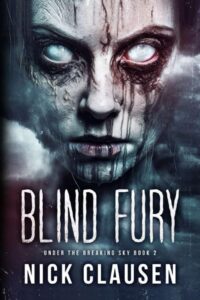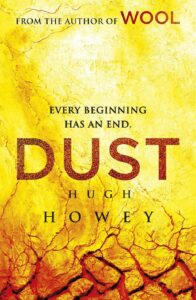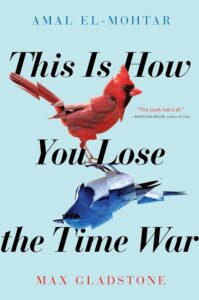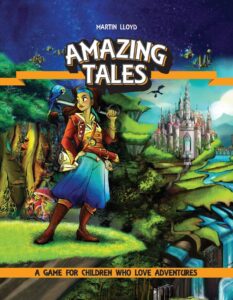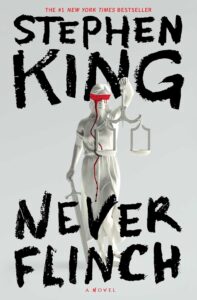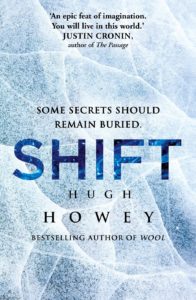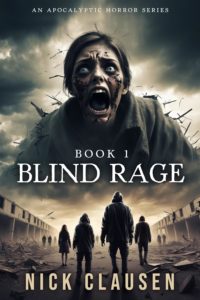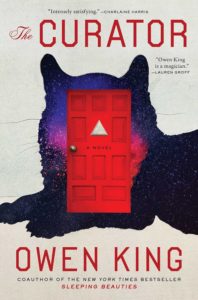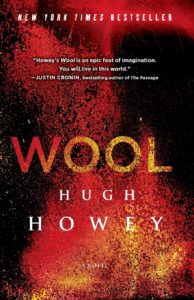 There’s this show on Apple+[1] called Silo. The year it came out (2023 maybe?), I called it the best sci-fi on TV, and I stand by that assessment. A long time later, albeit by my standards pretty rapidly, I’ve picked up and read the first book in that trilogy (which covers the first two seasons of the show).
There’s this show on Apple+[1] called Silo. The year it came out (2023 maybe?), I called it the best sci-fi on TV, and I stand by that assessment. A long time later, albeit by my standards pretty rapidly, I’ve picked up and read the first book in that trilogy (which covers the first two seasons of the show).
Wool tells the story of a, well, a silo. It is underground, some 140 or so levels into the earth as measured from the up top, through the mids, and into the down deep. It contains a large but necessarily limited number of people. They all have jobs (porters who run things up and down the silo, mechanical who keeps the generator running, farmers, doctors, a sheriff, IT, even a mayor), and eventually everyone in every job has a shadow, learning to do that job from the previous generation. It is a perfect closed system, and nobody ever leaves.
Well, that isn’t quite true. There’s an exit, right next to the jail cells in the sheriff’s office on the top level. The exit leads up a ways to the surface, where there’s a door to outside, and cameras in all directions surround the door. Those cameras show an utterly destroyed landscape in greys and browns, with constant windblown particles, constant rushing clouds in what might otherwise be called a sky, a decayed city full of what are no longer skyscrapers in any useful sense off in the distance, but with a ridge that prevents view of anything nearby. The silo is in a depression, is what I mean. The view from these cameras is shown in the nearby top-level cafeteria, a warning of what leaving the silo would mean. And yet, if anyone asks to leave, they are not only allowed to do so, but by law must. The only caveat is that they are asked to clean the cameras when they go out, since the view is forever being worsened by the blowing dust. For this, they are given a square of wool. Anyone who goes out does clean, even those who swear they will not, and anyone who goes out dies within minutes, soon enough to become a part of that pre-ridge landscape, a warning that it is not yet and may never be safe to go out.
I’ve already said rather a lot, so I’ll stop here. Either that description grabs you and makes you want to know where a story would go in this setting, or it does not. But I have a few pieces of additional commentary relative to the show. The main one is, for better or worse, the voice of Juliette and the voice of Deputy Marnes are just irrevocably overwritten into the voice of their characters in the book. I think probably for better, in both cases. The second is that most of the changes made for the show were probably improvements, even if they stretched out the story a bit. (Plus, some of them might turn out to be due to retcons for future books I’ve yet to read.)
Lastly… well, this one is complicated. I must say first of all that Wool is a complete story in itself. If nothing else had been written, I would be completely satisfied by its ending. That said, in discussions online about the TV show, I was lambasted for not really caring what was the source of the disaster that led to these people being trapped in this silo. Like zombies in that flavor of apocalypse, the blasted landscape is setting. Who cares why there are zombies? There just are, the story is influenced by the setting, the setting is not a part of the story. And honestly, I stand by that assessment. This book being a complete story in itself just proves to me that I was right.
However.
I will say that the book managed something the TV show did not, which is to make me interested in finding out how we got here after all. Cleverly, therefore, book two is all about that, and I suppose I’ll read it pretty soon.
[1] the streaming service whose name I may or may not have correct
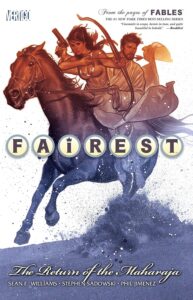 I don’t even know the last time I read a Fables-adjacent book, nor what it was[1]. And I’m not even sure how many books are left. I think not many? I should probably zerg rush the ending, but that would make it still months away. Just not years.
I don’t even know the last time I read a Fables-adjacent book, nor what it was[1]. And I’m not even sure how many books are left. I think not many? I should probably zerg rush the ending, but that would make it still months away. Just not years.